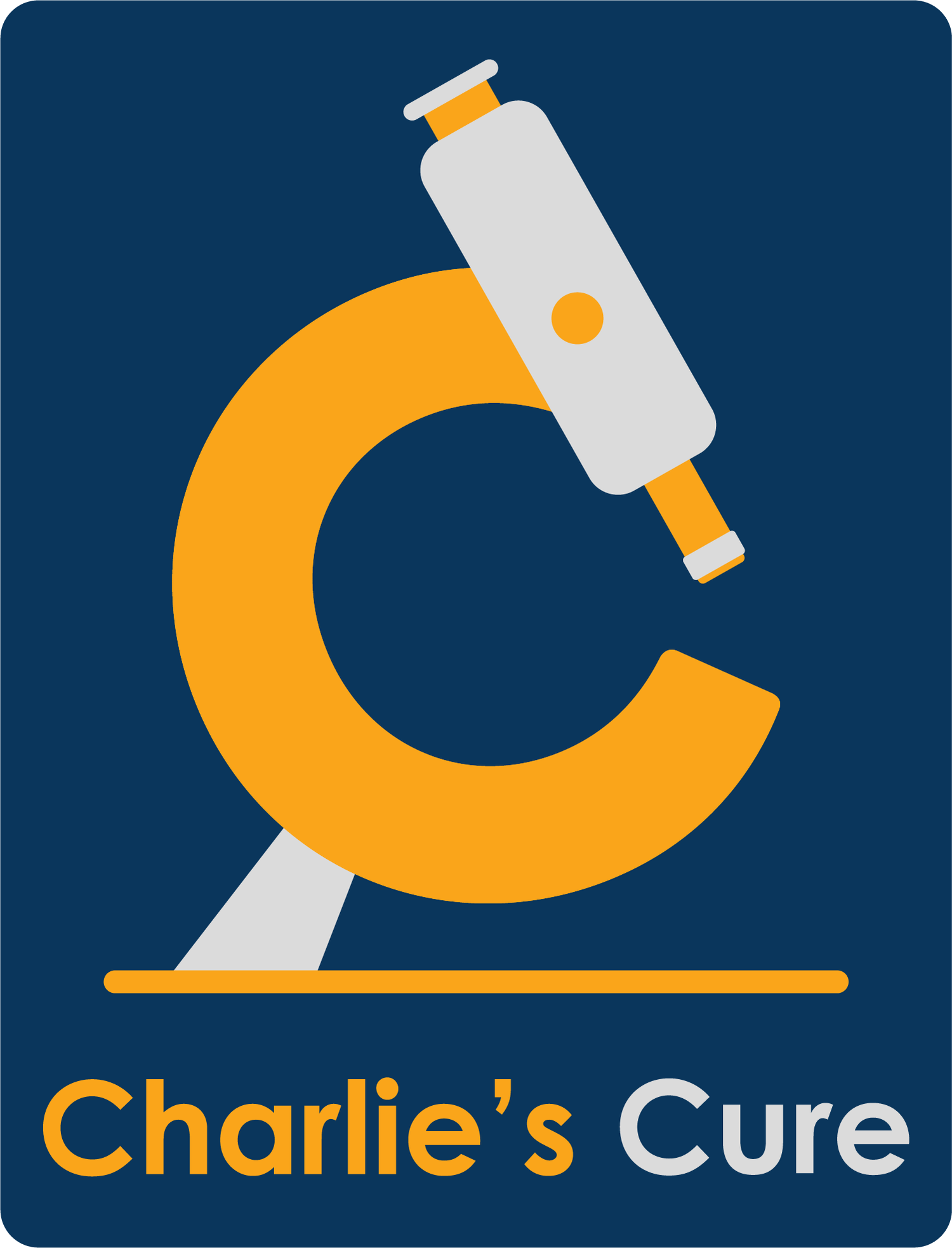Science is on the case.
To put it in bottom-line terms, the business of finding a cure for Duchenne is booming. After decades spent as an orphan disease with few to no prospects, Duchenne now has seven FDA-approved therapies—including the first approved gene therapy for DMD, Elevidys. Charlie was fortunate to receive Elevidys through its phase 3 clinical trial. It works by delivering a shortened form of the dystrophin-producing gene, called microdystrophin, directly to muscle cells.
In addition, the pipeline is full of potential treatments that address the downstream impacts—muscle cell damage—associated with Duchenne’s various functional symptoms.
The cure isn’t here—yet. But with gene editing technologies like CRISPR also in development, there is hope that one day, we can give Charlie and other boys a future no longer limited by the genes they were born with. We are getting closer every day.
How We’ll Do It
Medical history, made. Boys like ours, saved.
Each day, we make progress toward raising awareness and funds—every minute and dollar aimed squarely at moving research toward disease-altering treatments and a cure. The theory of change behind our efforts includes three pillars:
Forward-thinking research toward new treatments—and a cure. Thanks to herculean efforts over the past two decades, there is a wealth of potential treatment approaches at various stages of development to both prevent muscle and heart damage, and treat damage already done. But boys are not mice, and many approaches that hold promise in early-stage lab research ultimately fail when tested in patients—so there’s monumental work still to be done. We take an evidence-based approach to funding forward-thinking research, in order to give our boys the best health, quality of life and opportunities for real hope. Medicine holds incredible promise to eradicate disease and improve lives (just look at the speed of COVID vaccine development with mRNA technology). But our patients can’t wait. Time is muscle.
Awareness and advocacy. We advocate for new ways of thinking and policy change, to rally policymakers and other decision-makers around early diagnosis (newborn screening); research, development, and approval of new treatments; and patient access to new therapies.
Pioneering care. We knew right away that a care team at ease with the status quo would not be a good fit for our family. Thankfully, we don’t have to settle: We have the very best neuromuscular team caring for Charlie and our family, from top centers including UMass Medical Center, Nationwide Children’s and the University of Rochester/Strong Memorial, offering continued innovation in Duchenne care—until we make this disease obsolete.


